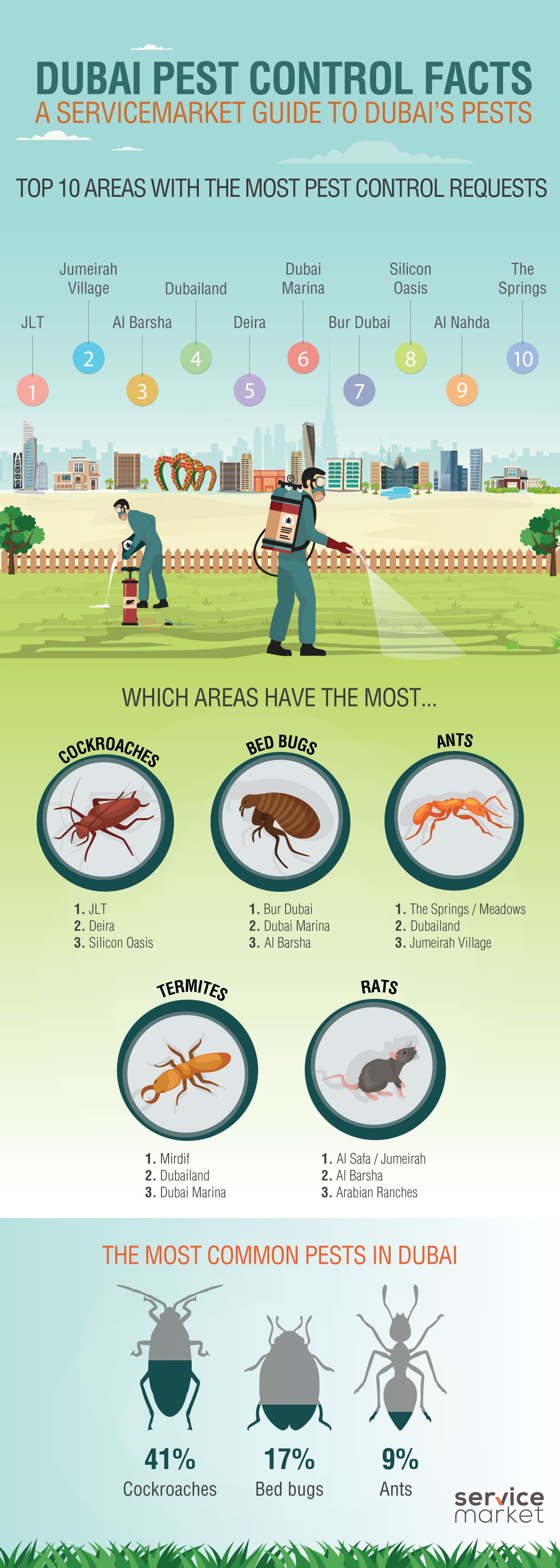Get Ready To Turn Your Garden Into A Pest-Free Place Using These Creative Suggestions And Techniques
Get Ready To Turn Your Garden Into A Pest-Free Place Using These Creative Suggestions And Techniques
Blog Article
Post Created By-Walters Qvist
Visualize your yard as a shelter, an area of peace and elegance. Nevertheless, the visibility of outside parasites can promptly disrupt this idyllic photo. What happens if there were straightforward yet efficient methods to keep these unwanted visitors away and protect your yard sanctuary? By following a few useful pointers and applying natural strategies, you can develop a harmonious outdoor area where your plants can grow undisturbed.
Natural Bug Deterrents
To maintain bugs away from your yard naturally, plant aromatic herbs like mint and lavender. visit the next website page add appeal to your garden however additionally function as effective parasite deterrents. Pests like insects, flies, and also some garden-damaging bugs are driven away by the strong scents produced by these natural herbs. Simply placing them purposefully around your garden can help create an all-natural obstacle versus undesirable bugs.
In addition to mint and lavender, take into consideration planting other natural herbs like rosemary, basil, and lemongrass to better boost your yard's pest-proofing abilities. These herbs not only work as all-natural repellents however also have the included advantage of being useful in food preparation or crafting home made remedies.
Strategic Plant Positioning
Think about the layout of your yard and the sorts of plants you have to strategically put them for optimum pest-proofing effectiveness.
Begin by grouping plants with comparable resistance to pests with each other. By doing this, you can produce a natural barrier that deters parasites from spreading out throughout your garden.
Additionally, putting pest-repelling plants like marigolds, lavender, or mint near even more prone plants can help protect them. Tall plants, such as sunflowers or corn, can serve as a guard for shorter plants against bugs like rabbits or ground-dwelling bugs.
Bear in mind to leave sufficient space between plants to enhance air flow and minimize the danger of conditions that pests might lug.
Additionally, take into consideration growing strong-smelling herbs like rosemary or basil near susceptible plants to confuse insects' detects and make it harder for them to situate their targets.
Reliable Parasite Control Methods
For combating yard bugs successfully, carrying out a multi-faceted insect control technique is essential. Start by encouraging all-natural predators like birds, ladybugs, and praying mantises to aid keep pest populations in check. Introducing plants that bring in these beneficial bugs can help in parasite control. Furthermore, practicing good garden hygiene by getting rid of debris and weeds where parasites could hide can make your yard less friendly to unwanted visitors.
Take into consideration using physical barriers such as row cover textiles or netting to safeguard prone plants from bugs like caterpillars and birds. Applying natural chemicals like neem oil or insecticidal soap can likewise be effective versus particular pests while being less dangerous to valuable insects and the setting. It's vital to revolve your crops each period to stop the build-up of parasite populations that target certain plants.
Consistently examine your plants for indicators of bug damage so you can do something about it promptly. By incorporating these methods and remaining vigilant, you can effectively regulate yard parasites and enjoy a flourishing, pest-free yard.
Final thought
So, there you have it - with the best approaches, you can maintain pesky exterior bugs away from your garden and aid your plants prosper.
Did you recognize that planting mint has been shown to ward off mosquitoes and various other bugs, decreasing the demand for dangerous pesticides by up to 60%?
By including all-natural deterrents and smart planting techniques, you can create an attractive and pest-resistant garden sanctuary for you to enjoy.
